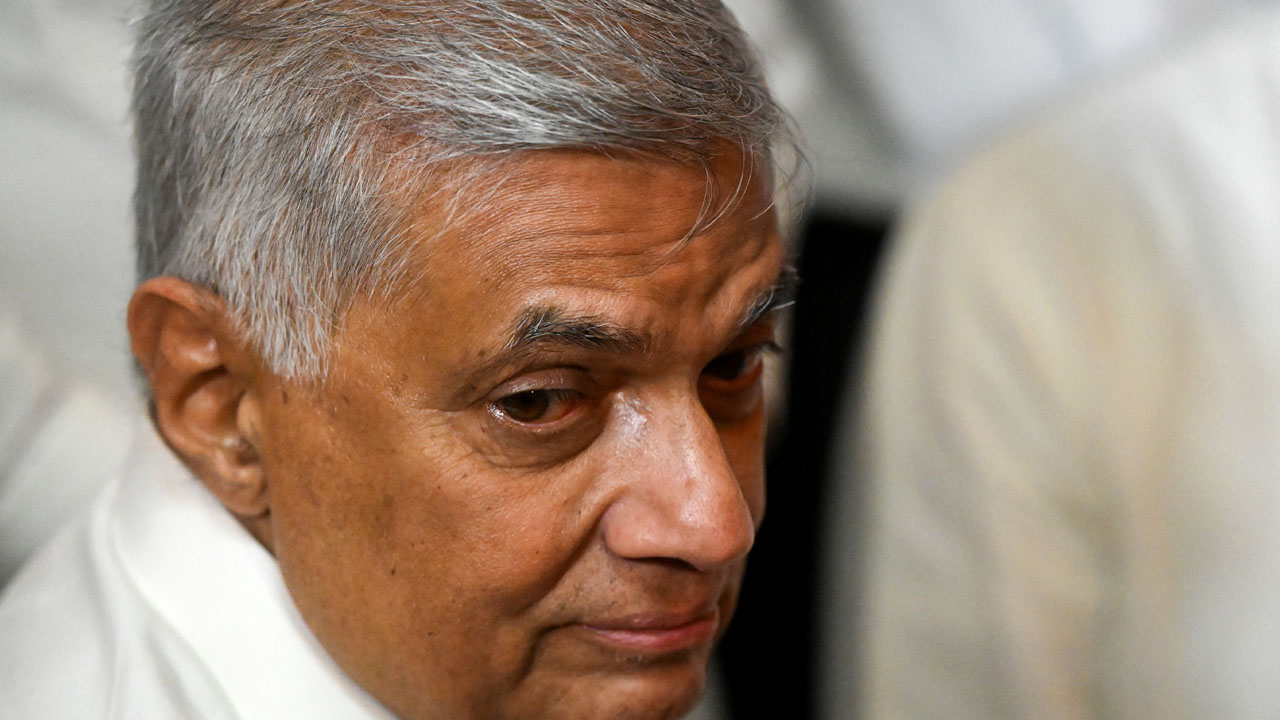
Sri Lanka again postponed local polls on Tuesday in defiance of a court order, delaying a de facto referendum on President Ranil Wickremesinghe’s efforts to restore the bankrupt island nation’s finances.
The elections were originally slated for last month but Wickremesinghe’s administration refused to finance them, saying the money was needed to pay for salaries and pensions.
His government was rebuked by the Supreme Court and ordered to release the funds for a rescheduled vote on April 25, but so far that has not happened.
The delayed polls are to pick local councillors but would be the first electoral test for Wickremesinghe since he took office.
“A new date will be announced if a firm date is given by the government to release the necessary funds or there is another decision of the Supreme Court,” the election commission said in a brief statement.
Sri Lanka suffered acute shortages of food, fuel and pharmaceuticals along with lengthy blackouts last year as a result of the worst economic crisis since independence from Britain in 1948.
Months of protests and political upheaval culminated last July in the ouster of Wickremesinghe’s predecessor Gotabaya Rajapaksa after an angry crowd stormed his compound.
The polls are widely seen as a referendum on unpopular austerity measures implemented to satisfy the terms of an International Monetary Fund bailout, including a doubling of income taxes and a sharp rise in energy tariffs.
Opposition lawmakers have accused Wickremesinghe of using the economic crisis as an excuse to sabotage democracy by delaying the election.
[ad unit=2]



